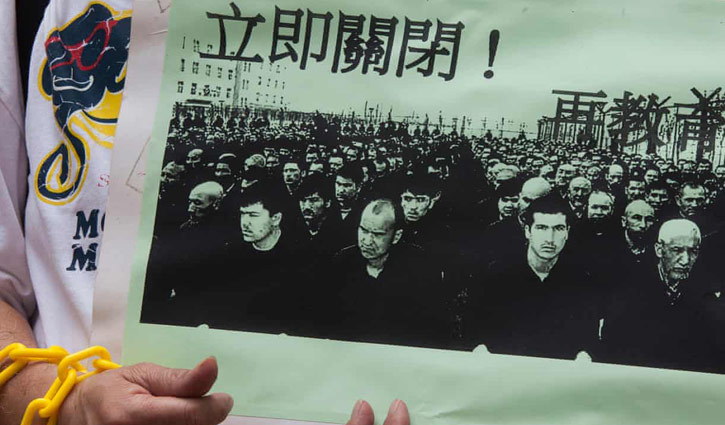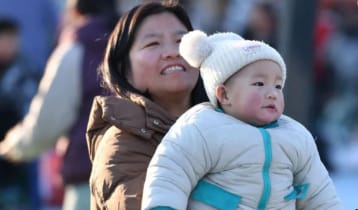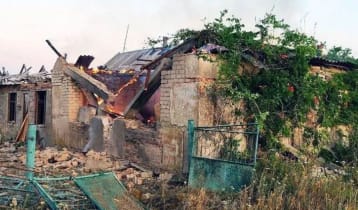US weighs sanctions against Chinese officials
5 || risingbd.com

International Desk: The Trump administration is considering sanctions against Chinese senior officials and companies to punish Beijing’s detention of hundreds of thousands of ethnic Uighurs and other minority Muslims in large internment camps, according to current and former American officials.
The economic penalties would be one of the first times the Trump administration has taken action against China because of human rights violations. United States officials are also seeking to limit American sales of surveillance technology that Chinese security agencies and companies are using to monitor Uighurs throughout northwest China.
Discussions to rebuke China for its treatment of its minority Muslims have been underway for months among officials at the White House and the Treasury and State Departments. But they gained urgency two weeks ago, after members of Congress asked Secretary of State Mike Pompeo and Treasury Secretary Steven Mnuchin to impose sanctions on seven Chinese officials.
Until now, President Trump has largely resisted punishing China for its human rights record, or even accusing it of widespread violations. If approved, the penalties would fuel an already bitter standoff with Beijing over trade and pressure on North Korea’s nuclear program.
Last month, a United Nations panel confronted Chinese diplomats in Geneva over the detentions. The camps for Chinese Muslims have been the target of growing international criticism and investigative reports, including by The New York Times.
Human rights advocates and legal scholars say the mass detentions in the northwest region of Xinjiang are the worst collective human rights abuse in China in decades. Since taking power in 2012, President Xi Jinping has steered China on a hard authoritarian course, which includes increased repression of large ethnic groups in western China, notably the Uighurs and Tibetans.
On Sunday, Human Rights Watch released a detailed report that concluded that the violations were of a “scope and scale not seen in China since the 1966-1976 Cultural Revolution.” The report, based on interviews with 58 former residents of Xinjiang, recommended that other nations impose targeted sanctions on Chinese officials, withhold visas and control exports of technology that could be used for abuses.
Any new American sanctions would be announced by the Treasury Department after government wide consultations, including with Congress.
Chinese Muslims in the camps are forced to attend daily classes, denounce aspects of Islam, study mainstream Chinese culture and pledge loyalty to the Chinese Communist Party. Some detainees who have been released have described torture by security officers.
Chinese officials have labeled the process “transformation through education” or “counter-extremism education.” But they have not acknowledged that large groups of Muslims are being detained.
The discussions over the mass detentions in Xinjiang highlight American efforts on issues that diverge from the president’s priorities. Mr. Trump has rarely made statements criticizing foreign governments for human rights abuses or anti-liberal policies, and in fact has praised authoritarian leaders, including Mr. Xi.
The Trump administration has confronted China over economic issues — the two countries are in the middle of a prolonged trade war — but has said little about rampant abuses by its security forces.
“The scale of it — it’s massive,” Senator Marco Rubio, Republican of Florida, said of the Muslim detention centers in an interview. “It involves not only intimidating people on political speech, but also a desire to strip people of their identity — ethnic identity, religious identity — on a scale that I’m not sure we’ve seen in the modern era.”
Ethnic Uighurs are a Turkic-speaking group that is mostly Sunni Muslim. With a population of around 11 million, Uighurs are the largest ethnic group in Xinjiang. Some of the desert oasis towns and villages that they consider their homeland are being emptied out as security officers force many Uighurs into large detention centers for weeks or months.
Gulchehra Hoja, a Uighur-American journalist who works for Radio Free Asia, which is financed by the United States government, said at a congressional hearing in July that two dozen of her family members in Xinjiang were missing, including her brother.
Source: New York Times
risingbd/Dhaka/Sept 12, 2018/AI
risingbd.com



















